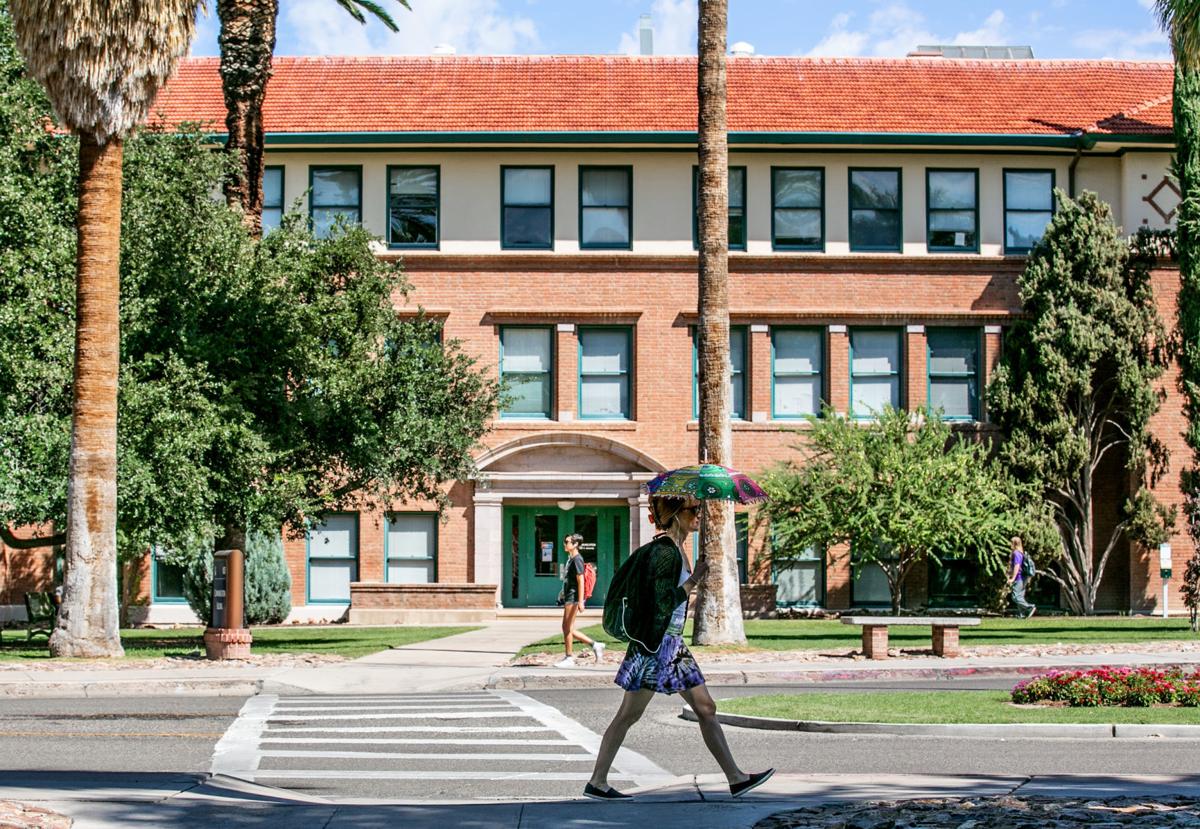PHOENIX — Out-of-state students who attended one of the state’s three universities are not entitled to a partial refund just because “Dreamers” were allowed to pay the same tuition as Arizona residents, the state Court of Appeals ruled Thursday.
The three-judge panel acknowledged that the Board of Regents policy giving in-state tuition to those in the Deferred Action for Childhood Arrivals program, known as “Dreamers,” was ultimately found to violate both state and federal law.
That policy has since been rescinded, replaced with a new rate for “Dreamers” that is higher than in-state tuition but less than for students from elsewhere. (DACA, established in 2012, allows those who were brought to this country illegally as children to remain and work if they meet certain other conditions.)
Judge David Weinzweig, writing for the unanimous three-judge panel, rejected arguments that the violation of the federal law in particular means that the out-of-state students have any right to sue. He said federal law subjects the offending schools to penalties but does not give others any legal rights.
Weinzweig specifically rejected the claim that there was some sort of breach of contract.
He said the evidence shows that the students who sued knew up front they were paying non-resident tuition and the universities delivered on their promise of educational services.
There was no immediate response from attorney Lance Entrekin, who filed the lawsuit.
Central to the case is the federal Personal Responsibility and Work Opportunity Reconciliation Act of 1996, also known as the Welfare Reform Act. Entrekin has said one part was designed to remove the availability of public benefits as an incentive for immigration.
The key provision says those not lawfully present in the country cannot use their state residency for “any postsecondary education benefit” unless every other U.S. citizen or legal resident is eligible “without regard to whether the citizen or national is such a resident.”
In this case, the Regents’ policy was that DACA recipients qualify for in-state tuition if they meet other Arizona residency requirements. That followed a 2015 ruling by a Maricopa County Superior Court judge in another case that the “Dreamers” were “lawfully present” in this country.
But Entrekin said all that changed in June 2017 when the Court of Appeals overturned that ruling, citing the federal law.
Yet the three students whom he represents were still charged full out-of-state tuition for the 2017-2018 school year, tuition that in some cases was running close to triple what was charged to Arizona residents.
It was only after a May 2018 ruling by the Supreme Court upholding the appellate court ruling that the Board of Regents scrapped the in-state tuition for “dreamers.”
Entrekin then sought a refund for California resident Mikayla Foss and Michigan resident Abigail Garbarino, who were attending Arizona State University, and Eleanor Wiersma from Maryland who was going to the University of Arizona, arguing that the illegal decision by the universities to charge resident tuition to the “Dreamers” entitled his clients to the same rate.
He also wanted to expand the case to a class-action lawsuit, saying that all the potential plaintiffs are in identical situations — and each entitled to the same refund along with interest.
That could have been a big financial hit.
The latest figures show about 186,000 students enrolled at the three universities, with 84,000 of those from out of state.
Assuming a tuition differential of just $15,000, refunds could have totaled $1.5 million.





